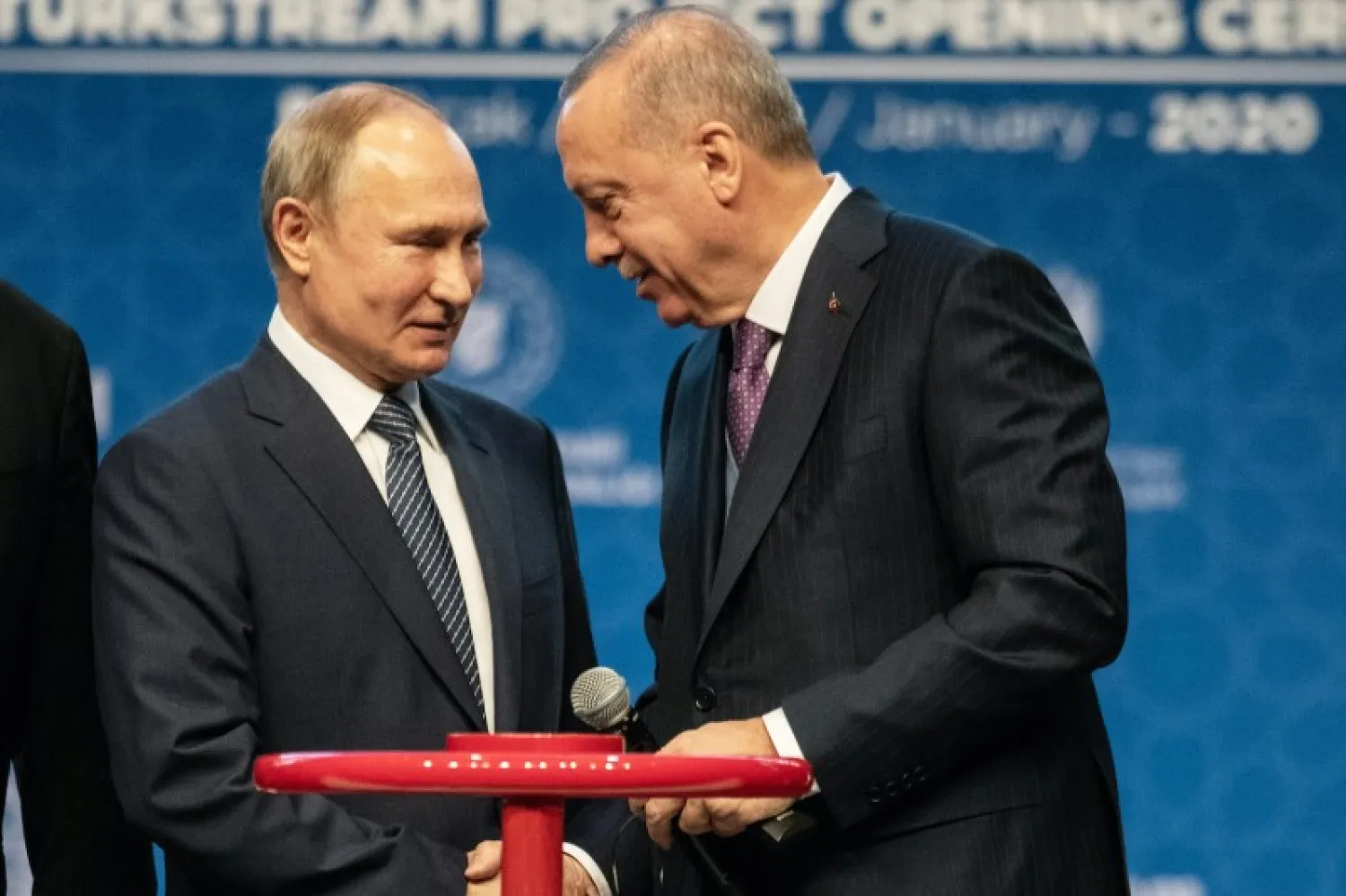The US House Foreign Affairs Committee has approved the “Libya Stabilization Act” to impose sanctions on parties contributing to violence in Libya.
The Act gives US President Donald Trump the authority to impose property- and visa-blocking sanctions on any foreign person that knowingly supports or engages in a significant transaction with a foreign person knowingly operating in Libya on behalf of Russia in a military capacity, engages in significant actions threatening peace or stability in Libya, misappropriates Libyan state assets or natural resources or is knowingly responsible for or complicit in serious human rights abuses in Libya.
According to Republican and Democratic lawmakers, the sanctions aim at limiting Russian and Turkish influence in Libya.
They considered Kremlin’s attempt to impose its influence in Libya and other neighboring countries part of a broader regional strategy to monitor the North Atlantic Treaty Organization (NATO) there, isolate Europe and impose its control on the Mediterranean’s southern region.
White House sources pointed out to growing support among lawmakers on sanctions on Russia.
According to the bill, the Department of State shall work to strengthen Libya's democratic governance, including by providing assistance to unify Libya’s financial and governing institutions and ensure transparent and credible future elections in Libya.
It further compels the Treasury Department to vote and argue for international financial institutions to support an economic recovery in Libya that complements the establishment of democratic institutions and rule of law.
Under the Act, the US Agency for International Development may provide humanitarian assistance to individuals and communities in Libya, including urgently needed health assistance, food, and shelter.
The House of Representatives is expected to approve the bill before sending it to the Senate, where it enjoys the support of Republican Senator Lindsey Graham and Democrat Chris Murphy.
Parties to the conflict have increased their military presence in Libya in recent weeks.
The US army has released photos of Russian military equipment, including 12 “MiG-29” and “SU-24” fighter planes in Libya, in violation of a United Nations arms embargo.
The satellite imagery released by US Africa Command shows paramilitaries from Russia’s quasi-public military contractors the Wagner Group consolidating their position in the city of Sirte.
In a quarterly report to Congress last week, the Defense Department’s inspector general for counterterrorism operations in North Africa estimated that between 800 and 2,500 Wagner mercenaries had been deployed to Libya.
The Congress is trying to get the Trump administration to take action against Russia and Turkey for their foreign policy missteps.
Trump pushed back against a near-unanimous Senate vote in 2017 to pass sweeping sanctions against Russia, and he has not imposed sanctions on Turkey for taking delivery of a $2.5 billion Russian-made air defense system last summer.









